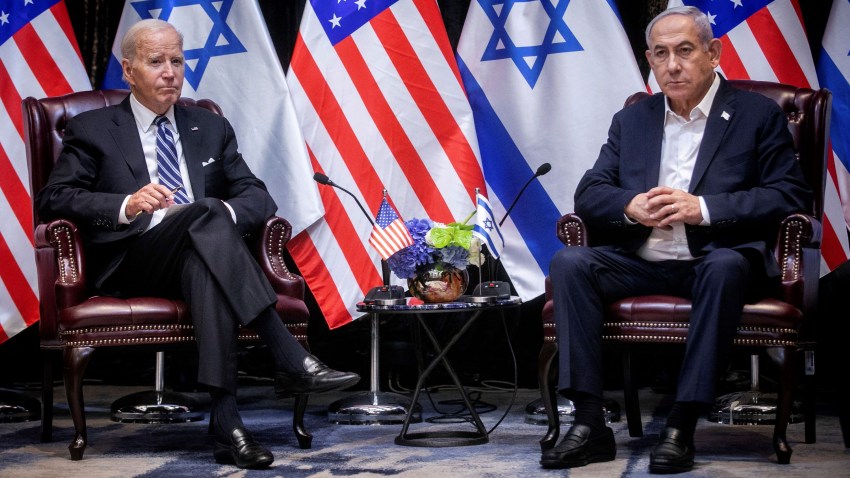U.S. President Joe Biden said yesterday the U.S. would not supply offensive weapons for Israel’s potential use in an assault on Rafah, the southernmost city in Gaza. Israeli PM Benjamin Netanyahu has been threatening for months to launch a ground invasion of the city, where the remainder of Hamas’ leadership is thought to be hiding, but where more than 1 million Palestinian civilians have also sought refuge from the war. (AP)
Our Take
Tensions between the Biden administration and Netanyahu have been a matter of public record for months, with Biden and other U.S. officials growing increasingly vocal in their criticisms of Israel’s conduct in Gaza. In particular, the potential all-out assault on Rafah—which Israel has already been targeting with airstrikes for months—has become the most intense source of discord between the two sides, with the Biden administration using public criticisms and, allegedly, private threats to try and pressure Israel’s war cabinet into foregoing the ground invasion.
But even with that trend in mind, Biden’s statement yesterday still marks a major shift in his own policy toward Israel, as well as U.S. policy more broadly. In the aftermath of Hamas’ attack on Israel on Oct. 7, Biden adopted a “bearhug” approach to Israel, providing unconditional support, both material and declarative, to the country, with the logic being that doing so would give the U.S. enough leverage to prevent the most destructive potential outcomes of the war in Gaza.

